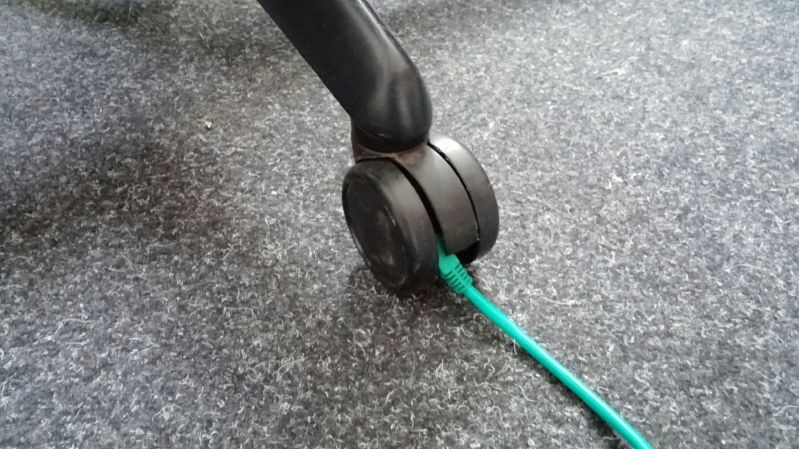Ranter
Join devRant
Do all the things like
++ or -- rants, post your own rants, comment on others' rants and build your customized dev avatar
Sign Up
Pipeless API

From the creators of devRant, Pipeless lets you power real-time personalized recommendations and activity feeds using a simple API
Learn More
Comments
-
If I recall, I think spinning disk requires more energy than flash. Not sure after that.
-
@steaksauce Lol, I think I wasn't specific enough :p. That is correct, but I mean on an HDD does reading and writing a bit take the same amount of energy on that hard drive? What about SSD, do reading and writing bits take the same energy as each other on that device?
-
 2erXre524637ynormally you will find different input for standby and running SSD. But I haven't found yet a measure on bit or byte layer. But of course it will affect somehow on that layer as well.
2erXre524637ynormally you will find different input for standby and running SSD. But I haven't found yet a measure on bit or byte layer. But of course it will affect somehow on that layer as well. -
 2erXre524637yAnd the difference between read and write is normally also not shown anywhere. I think that depends on the inner construction (electronics) of the storage.
2erXre524637yAnd the difference between read and write is normally also not shown anywhere. I think that depends on the inner construction (electronics) of the storage. -
I think your question is if writing or reading a bit from one specific disk takes the same amount of energy for every bit on that disk. So I have no actual knowledge, but I'd think that on an HDD it may take more or less energy depending as on how far away the bit from the current read head's position is. (Because it might need to travel different distances) But, as I said, I am talking out of my ass.
-
@Batburger just my intuition.
1. Physical hard drive takes more power to spin
2. Same factor, the faster the ssd is, the one takes less time to W/R the same data, therefore, the faster one takes less energy to W/R.
NAND chips get hot during W/R, but stay relatively cold during idle. These heat got consume energy from somewhere
Related Rants

 Where is the LAN cable and why the hell does my chair not...
Oh.
Where is the LAN cable and why the hell does my chair not...
Oh. When you're preparing for a hard disk format:
When you're preparing for a hard disk format:
Random hardware question if anyone knows: On the various types of hard drives (Spinner, SSD, M.2, etc.) does it require the same amount of energy to read and write a bit? Or do they take a different amount of power. Is this even effectively measurable? If they're the same, what about at the byte level?
question
comparison
hardware
random
cost
stoned
energy